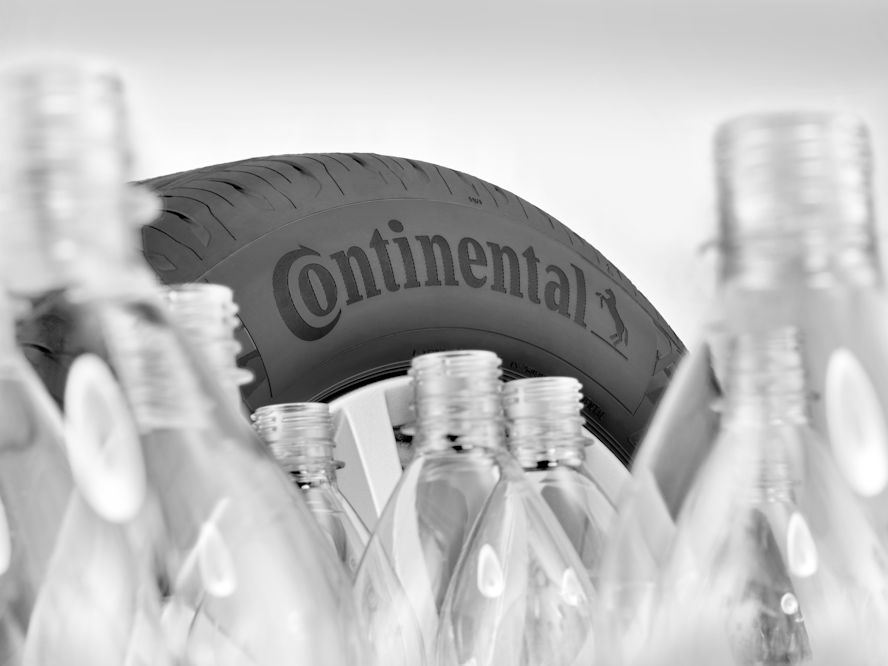Continental is further advancing its commitment to sustainability by integrating renewable and recycled materials into its tyre production processes
Dedicated to the principles of the circular economy, the company is also motivating its suppliers to innovate and provide increasingly sustainable materials for tyre manufacturing. In 2024, renewable and recycled materials made up an average of 26% of Continental’s tyre production. The company has set an ambitious target to raise this figure to at least 40% within the next five years.
Expanding the Use of Sustainable Reinforcem...







